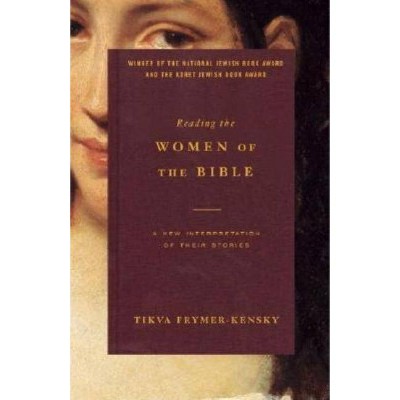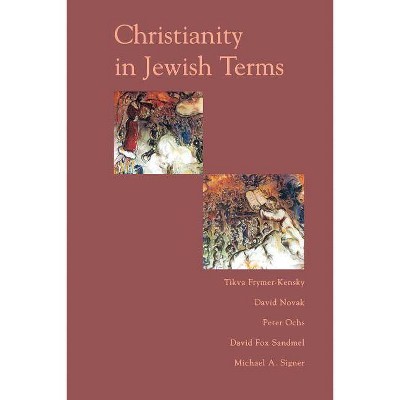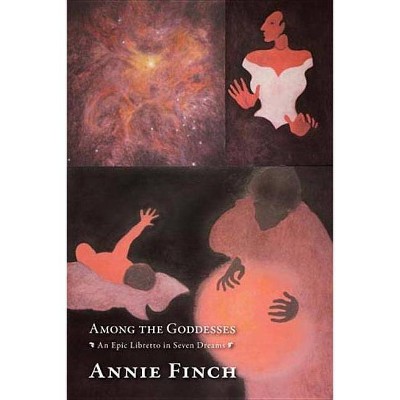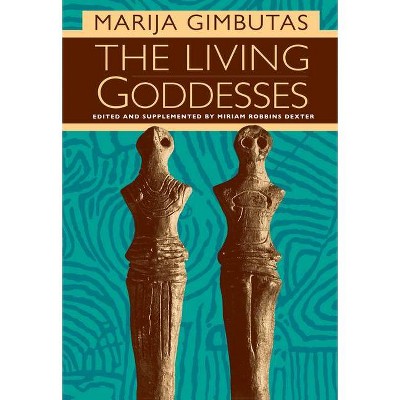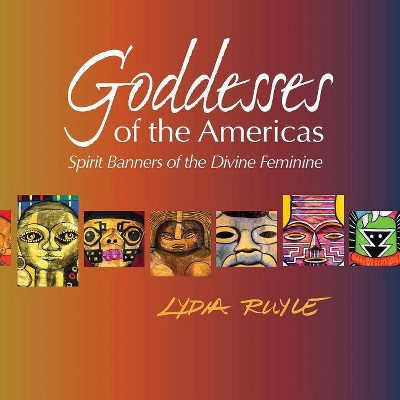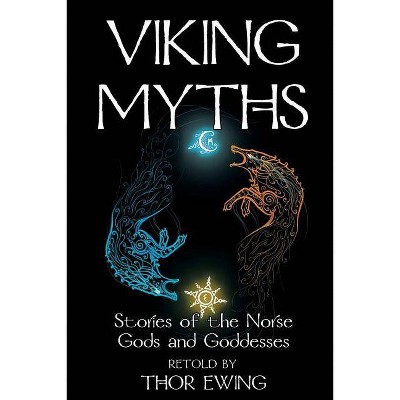In the Wake of the Goddesses - by Tikva Frymer-Kensky (Paperback)
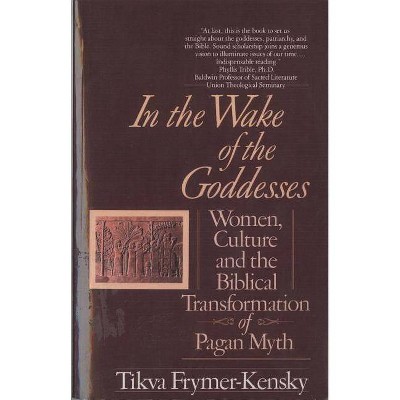
Similar Products
Products of same category from the store
AllProduct info
<p/><br></br><p><b> About the Book </b></p></br></br>Amid society's increasing return to diverse spiritual values, bestselling books on goddesses (i.e. Goddesses in Everywoman) abound. But how accurate are the current representations of the goddess in polytheism? Did Judaeo-Christian religion really turn its back on women? These are some of the questions that scholar and feminist Frymer-Kensky sets out to answer.<p/><br></br><p><b> Book Synopsis </b></p></br></br>The current return to spiritual values has spawned a surge of interest in the ancient goddess-based religions as a remedy to a long tradition of misogyny in the Western religions. <p/>But how accurate are these current representations of the goddess in polytheism? And did Judeo-Christian religion really turn its back on women? These are some of the questions that scholar and feminist Tivka Frymer-Kensky sets out to answer in this iconoclastic study of gender in religions past and present. Her argument, illustrated with fascinating accounts of myth and ritual dating back to the early days of Sumer, Assyria, and Greece, is that although polytheism did accord females an important role, the strict division between male and female actually served to keep women in a subordinate position. The goddesses were progressively "ghettoized" their sphere was eventually relegated to home and hearth, while male gods took over as patrons of wisdom and learning. This dualism was displaced by the Bible, which embraced a surprisingly egalitarian view of human nature in which women were not considered to be inherently inferior. <p/>In a provocative work of biblical scholarship on gender and sexuality, Frymer-Kensky shows that the ideal of monotheism may offer far more to us today than a return to the gender-based worldview of the goddess religions.<p/><br></br><p><b> Review Quotes </b></p></br></br><br>"Offers a more complicated and more interesting and more accurate view of the role of female divinities in human life." <p/>The New Republic <p/><br>"A deeply thought-through radical critique of sexism underlies this analysis, matched by a profound respect for the Bible and the tradition honoring it." <p/>Penny Gill, Ph.D. <p/>Emily Dickinson Professor of Humanities <p/>Mount Holyoke College <p/>"Presents many marvelous insights into biblical theology, sexuality, and anthropology that will surely claim the attention of scholars and students of biblical religion and culture for years to come." <p/>Walter Harrelson, Ph.D. <p/>Professor of Religion emeritus <p/>Vanderbilt University<br><p/><br></br><p><b> About the Author </b></p></br></br><b>Tikva Frymer-Kensky</b> was a professor of Hebrew bible at the Divinity School at the University of Chicago. She was educated at Yale University. She is the writer of <i>The Judicial Ordeal in the Ancient Near East, In the Wake of the Goddess: Women, Culture, and the Biblical Transformation of Pagan Myth, </i>and <i>Studies in the Bible and Feminist Criticism. </i>
Price History
Price Archive shows prices from various stores, lets you see history and find the cheapest. There is no actual sale on the website. For all support, inquiry and suggestion messagescommunication@pricearchive.us
